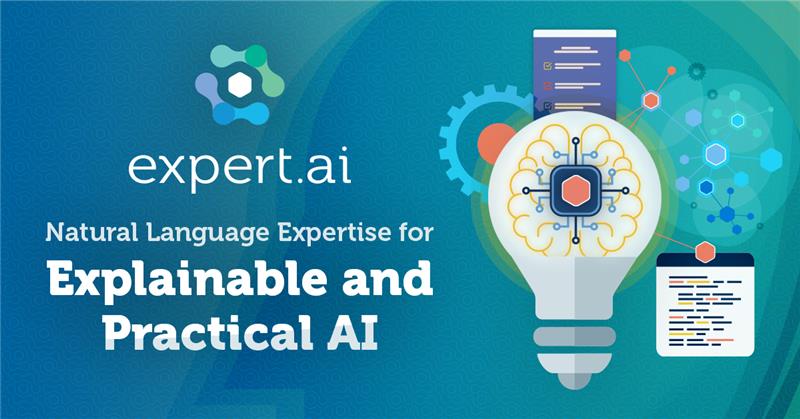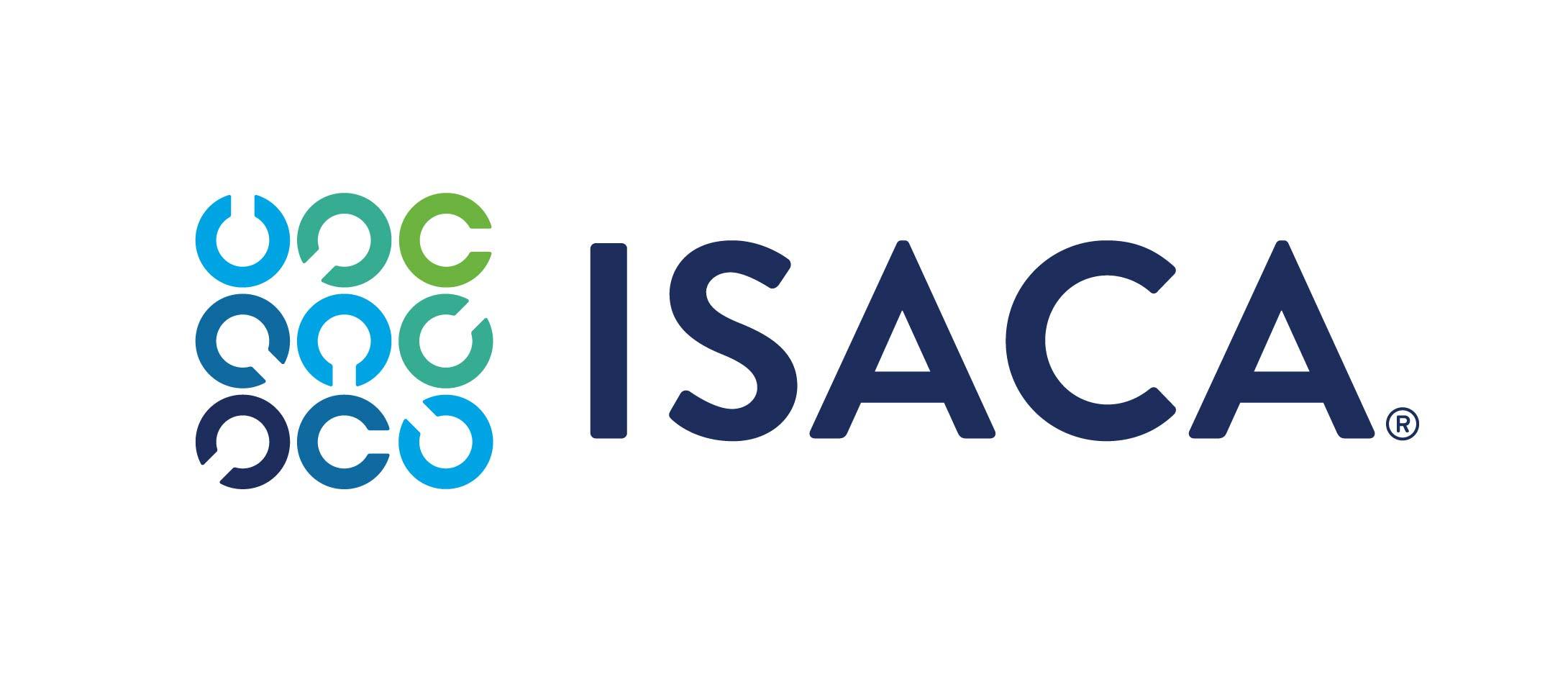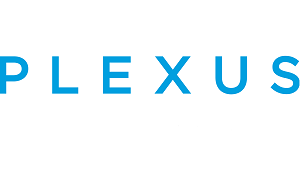The French National Institute of Health and Medical Research, Inserm, has decided to implement expert.ai’s Platform and make it available to 100 of its researchers for an evaluation period of six months.
Inserm is the second-leading biomedical research institution in the world with more than 12,000 publications each year. It brings together 10,000 researchers who are working on developing public health research and innovative treatments. With expert.ai technology, Inserm provides researchers with unlimited access to over 100 million documents and reference information on 12 million clinical studies, including clinical trial data, patents, reports from experts and health organizations and web and social network content.
“At a time when we need to be particularly responsive, expert.ai’s platform provides us with centralized access to relevant and consistent data and, above all, real-time updates. It’s a real time-saver and improves efficiency for all our teams,” said Sammy Sahnoune, Chief Information Officer at Inserm.
One of the key principles of expert.ai’s platform is to research and analyze content based on concepts, not just keywords. It provides researchers with an efficient, one-stop shop where they can discover insights to drive their research by semantically enriching, normalizing and revealing hidden connections across various information sources in a centralized platform. It identifies the context of the content; by leveraging rich drill-down and filtering capabilities, it enables researchers to identify key clinical trials, sponsoring research facilities, lead researchers and related work, and even map networks of collaborators and key players.





